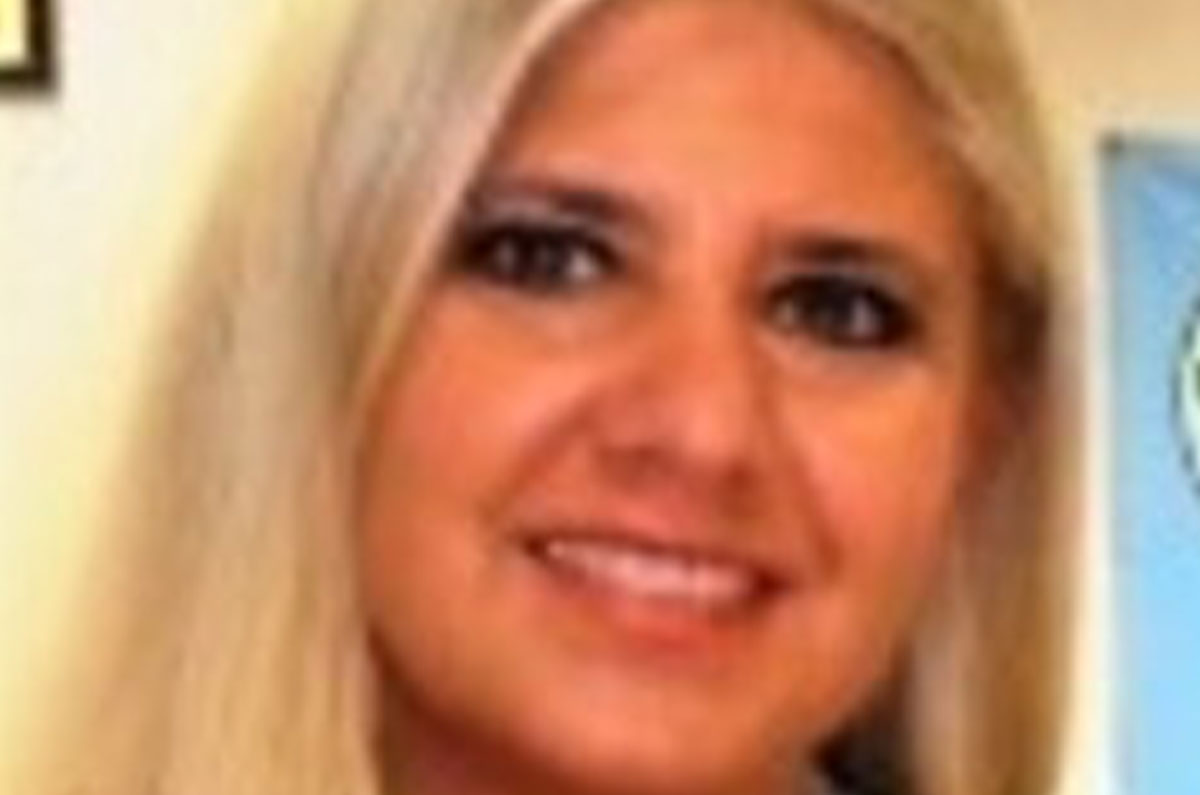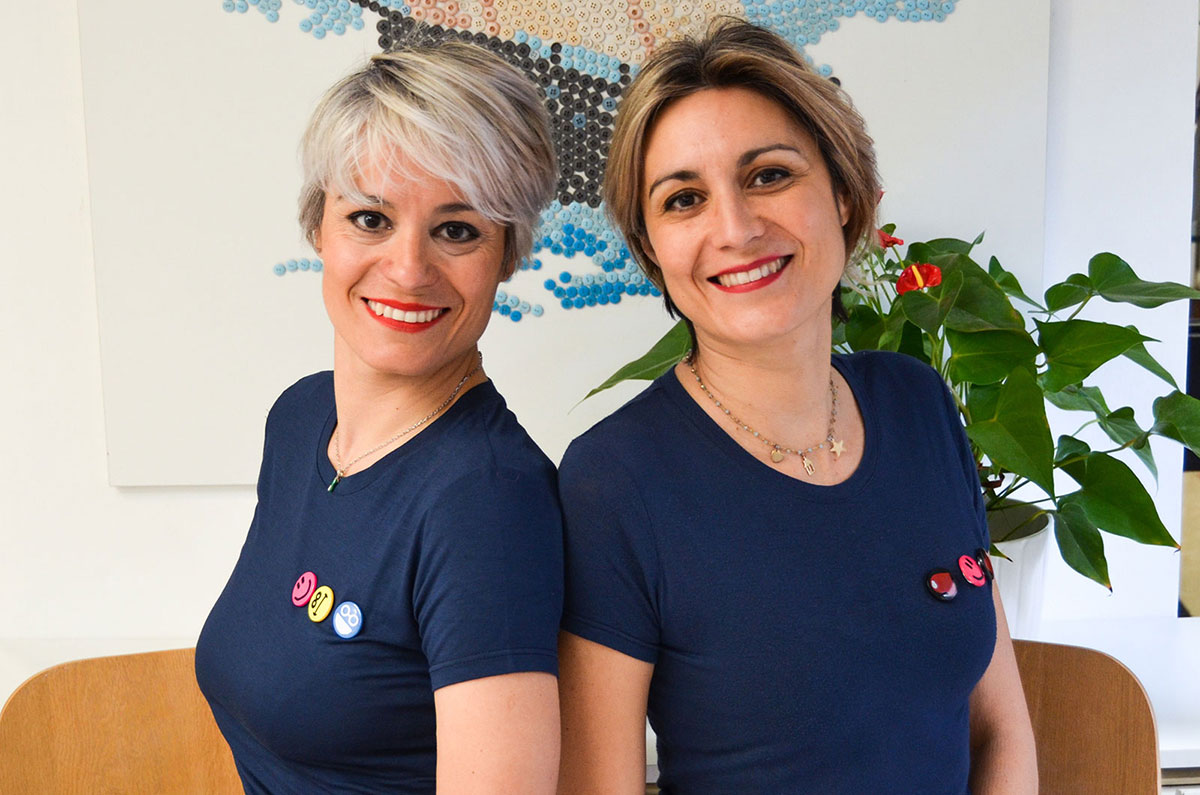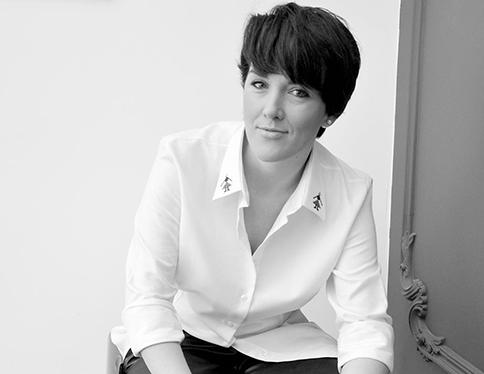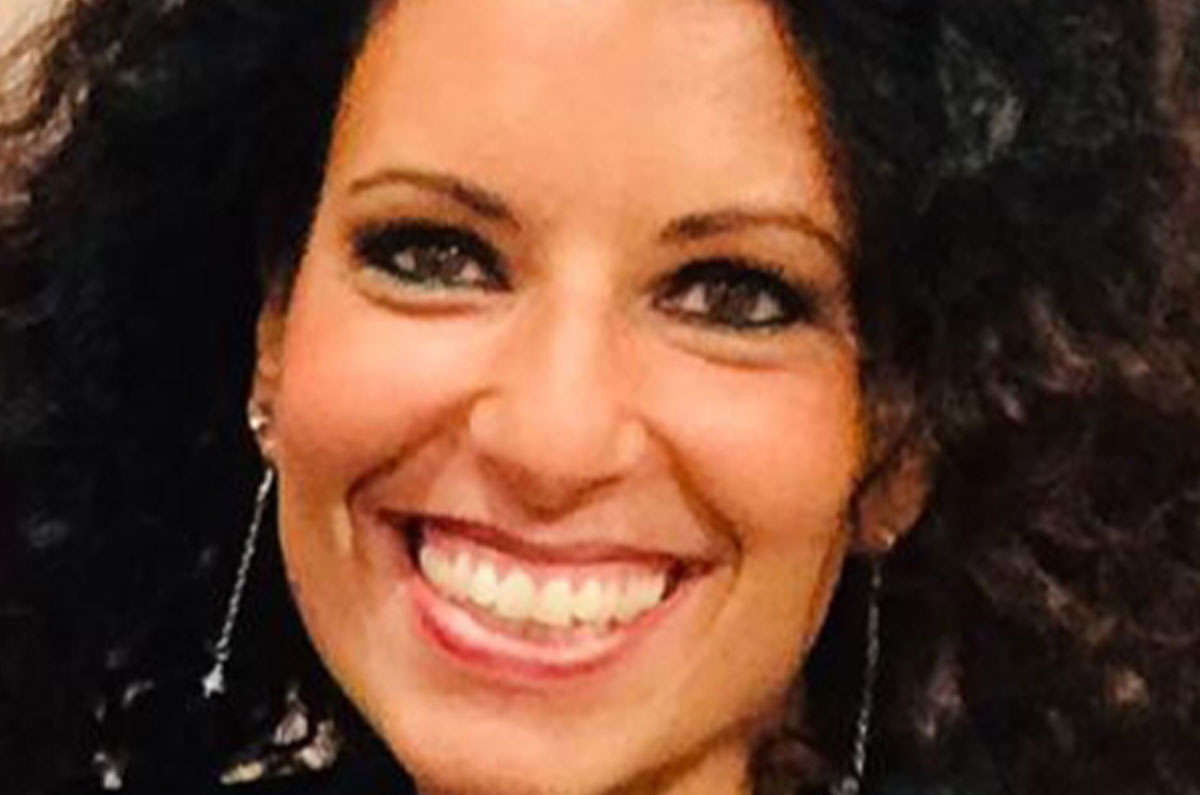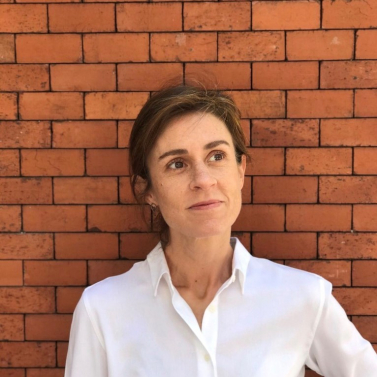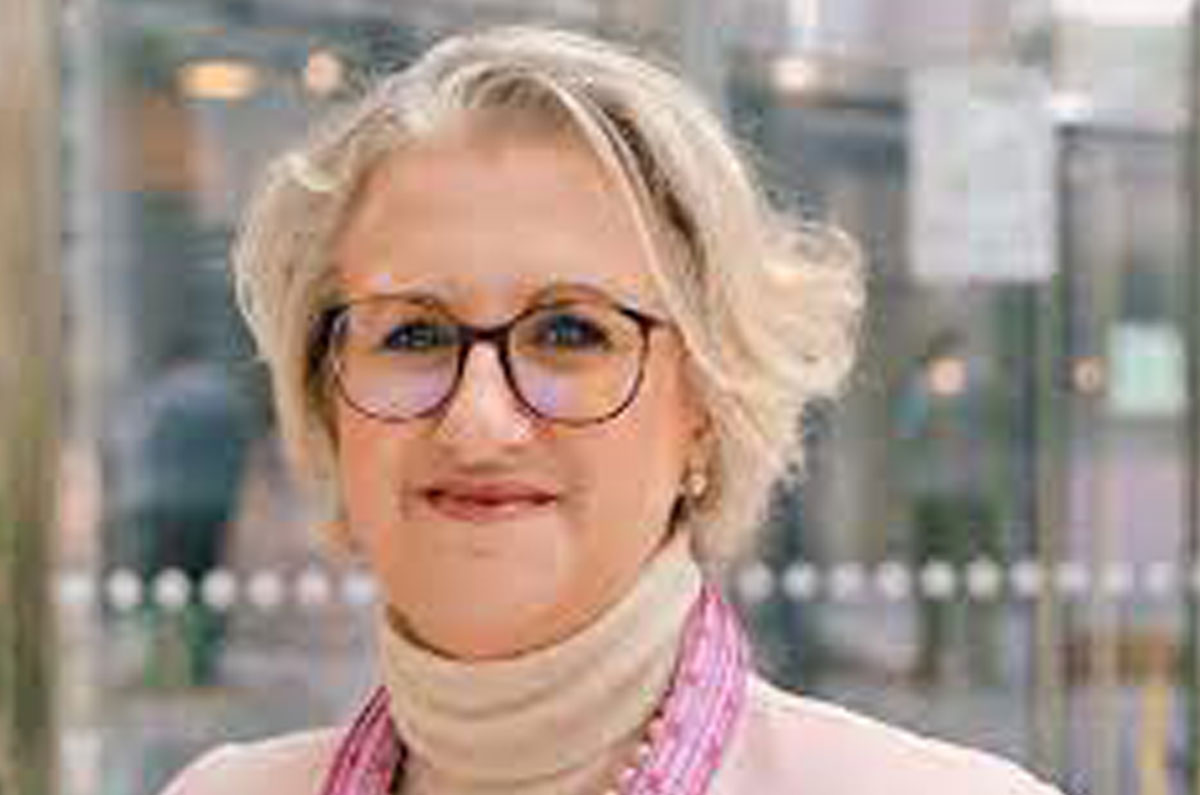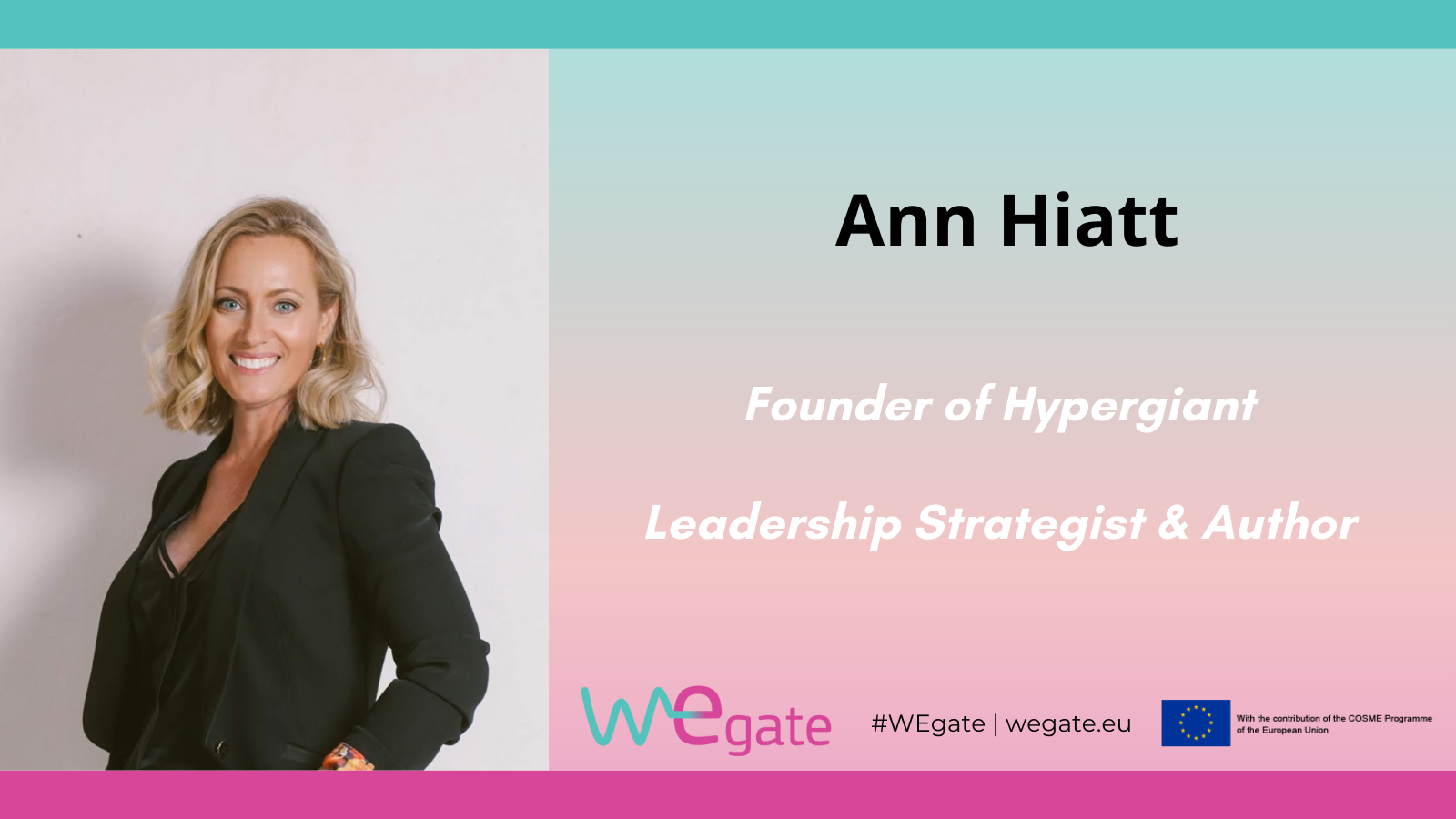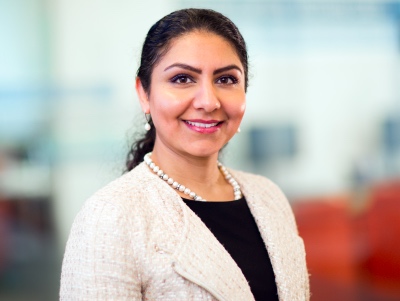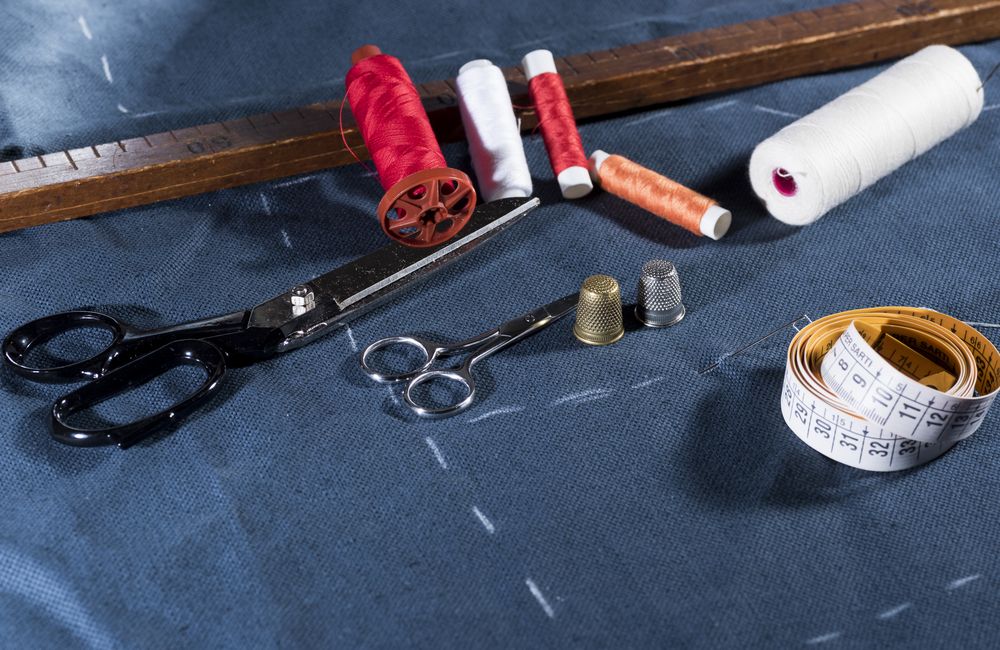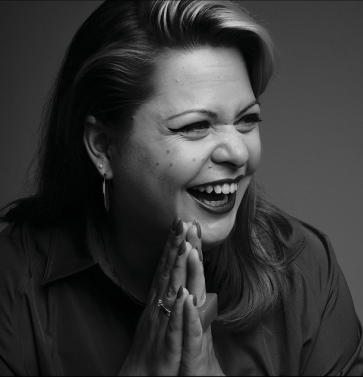
NAME:
Sophia Opatska
Sophia Opatska, Founding Dean of the Lviv Business School (LvBS) at the Ukrainian Catholic University, noticed that entrepreneurial women often have to tackle a number of expectations from society, as a mother, or even as a woman. Through observing the challenges in her own life as a woman in a managerial position, Sophia together with Centre for Leadership of UCU, decided to launch a women’s leadership programme within the business school in order to unite other women with similar responsibilities trying to combine business with family life. The decision paid off and there was a great response.
Sophia began working on creating LvBS after quitting her job in the corporate sector. With some friends, they sought to launch a project that would be financially sustainable and educational to teach businesspeople how to better do business. By uniting with the Ukrainian Catholic University (UCU) and a few companies, LvBS has been able to continually grow over the years, becoming one of the best business schools in Ukraine with 200 people taking part in programmes yearly.
Focusing programmes more on women
Within this, Sophia started attending conferences and events, orienting LvBS programmes towards women. Then, “in 2016, we started to have the women’s leadership programme as a separate product of the business school. Overall, there have been 200 participants from different regions [of Ukraine] on 6 education programmes.” This is a great leap as when they began, there were only 25 people taking part.
Predominantly, those signing up for the programme are already active in business, or involved in some non-governmental organisations or social projects. However, participating in the programme has enabled them to become more active and start to have more faith in themselves.
Notable successes come from one graduate who is now the co-founder of Woman for Women, a social initiative helping women in crisis, it is supported by the Walnut House (the Centre of Integral Care for Women in Crisis).
This is important because, “young people want a mentor, but think that mentors won’t have the time for them. But it can be an opportunity for both sides. Many women remember the path to their position and would be ready to share with others.”
How does she perceive the situation for women in the Ukraine?
Ukrainian women face many significant challenges at work, whether an entrepreneur or not, which impacts on their desire or ability to reach for their goals. They are often paid less than men, there are a lot of stereotypes and more emotional pressure placed upon them.
But, “overall, there is no big difference between managerial positions, so it should not be different for women and men. We should expect as much from women as from men.”
“In Ukraine, you don’t see women as managers in big companies…while on the other hand, women are more active in small businesses as they offer more flexibility and allow them to combine various parts of their lives,” she added.
However, Sophia notes that things are starting to change – Ukrainian tech companies often promote women faster than men due to their attitudes toward responsibility, she believes.
What advice would she have for potential entrepreneurs?
Sophia believes that the best way to achieve is to encourage women to support one another, and not be in competition. Another key focus should be to have patience. . A long-term vision, accounting for various aspects of their life (whether it be children/family or other pursuits) is crucial to success.
Looking to the future for the Women Leadership Programme, Sophia and her colleagues will expand and try to have more diversity in the representation of regions, while at some point they could become more international, bringing different and new perspectives to the table.



